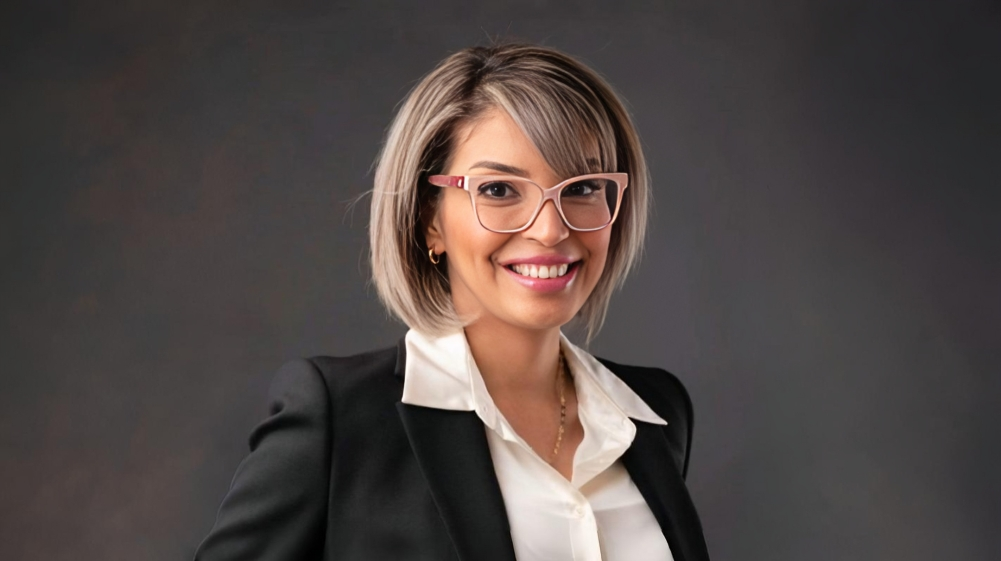Muna Al-Khaifi, GP Oncologist at Sunnybrook and Assistant Professor at the University of Toronto, shared a post on LinkedIn:
“Rethinking Cancer Care: Building Sustainable and Equitable Survivorship Models
As a breast cancer survivorship specialist, I follow patients throughout their treatment and long after it ends. I see every day that the cancer journey doesn’t stop when therapy is complete. I actively screen for side effects and listen to survivors as they share the invisible struggles they continue to face – such as physical symptoms, emotional distress, financial strain, social disruption, and challenges in returning to work or daily life.
Despite existing data on the prevalence of long-term toxicities, guidelines, and recommendations, survivorship care is not consistently implemented in practice. To provide equitable and high-quality survivorship care, we need models that are sustainable, scalable, and future-proof.
This involves:
- Multidisciplinary collaboration.
- Dedicated survivorship programs or clinics.
- Trained personnel with expertise in late effects and supportive care.
- Leadership that values quality of life as much as survival.
- Innovative approaches, especially when resources are limited, to ensure equity is not compromised.
When resources fall short, our responsibility is not to delay care but to find creative, patient-centered solutions. Surviving in isolation should not be the primary objective; it is essential for patients to thrive well beyond their cancer diagnosis. Cancer centers and healthcare systems must develop action plans and empower dedicated teams to lead this work across all cancer types.”
More posts featuring Muna Al-Khaifi on OncoDaily.


